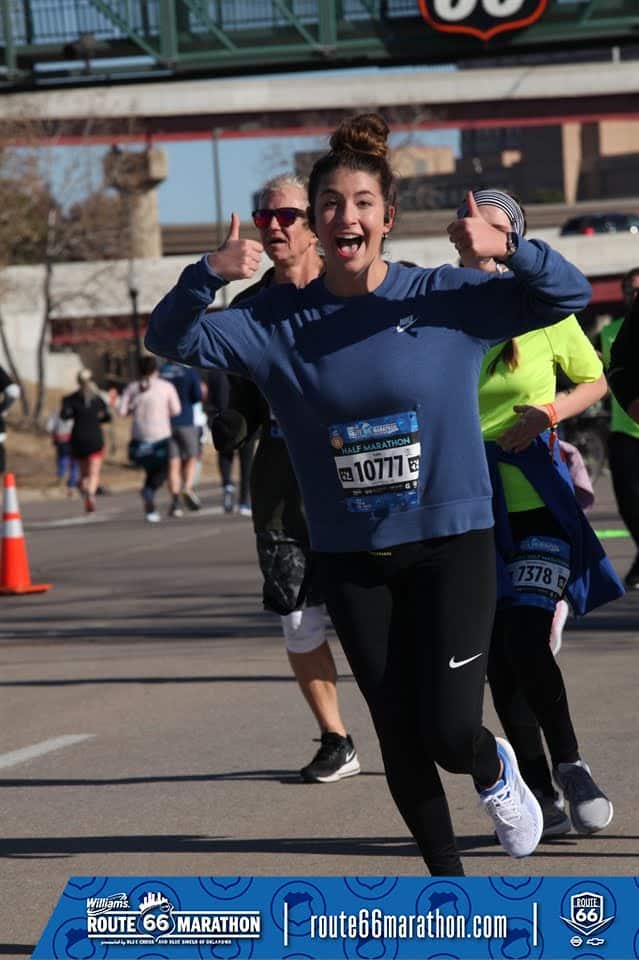
Running in the Time of Coronavirus
With the whole world seemingly paused for a moment in the grip of the COVID-19 pandemic, feelings of anxiety and depression are at an all-time high for many people as we learn how to cope with our new normal and the changing reality that seems to evolve each day. Self-care has never been more important as we all struggle to adapt to changing routines, cancelled plans, and more. Fortunately, runners have a pretty good tool at their disposal: their favorite form of exercise. Phrases like “running is my therapy” or “running is cheaper than therapy” are pretty common, and with good reason: many people get out the door with the aim of boosting their mental health and keeping anxiety at bay. Numerous studies have shown that aerobic exercise, like running, is as effective at treating mild to moderate depression and anxiety as anti-depressants and anti-anxiety medications. We’ve long attributed running’s mood-boosting properties to the power of endorphins, but researchers are now understanding that running and other forms of aerobic exercise can cause long-term structural changes in the brain that can further help to improve your mood.
What is it exactly about running that helps diminish symptoms of depression and anxiety? The endorphins certainly help, of course, but there’s also something to be said for the separation from our everyday lives that we feel while running. There’s something about changing up your environment and getting out on the roads or trails that lets you see problems in a different light and work through them objectively. We also have the opportunity to break down big problems into smaller ones and focus on just taking the next step. While you might be struggling with how on earth you can possibly stay home with your kids for another month or two and feel overwhelmed by the prospect, when you’re running, you’re just focused on making it to the next mile. The sense of accomplishment that accompanies a finished run helps you feel that it is possible to tackle the other big issues you’re struggling with, and it boosts your confidence. An added bonus of being a runner? It’s easier for you to access the mood-boosting effects that come from running because your fitness level allows you to maintain an aerobic pace for longer than someone who is sedentary. The longer you can run, the better you’ll feel. How’s that for a reason to start marathon training?
Of course, no one would ever suggest that runners are immune to suffering depression; after all, Olympians like Adam Goucher have spoken out about their struggles with clinical depression.
When people suffer from clinical depression or anxiety, they experience significant long term changes in mood, behavior, emotions, and psychological functioning that may last for weeks, months, or longer. We all feel sad, worried, and stressed at times, but when these feelings become disruptive, frequent, and long-lasting, a clinical issue may be at work. While exercise is a powerful tool in the fight against depression and anxiety, it’s not a cure-all, so if you struggle with persistent feelings of worry or sadness, it might be time to speak with a doctor. While self-quarantine hasn’t been an easy time for anyone, we will get through this together – one step at a time!
